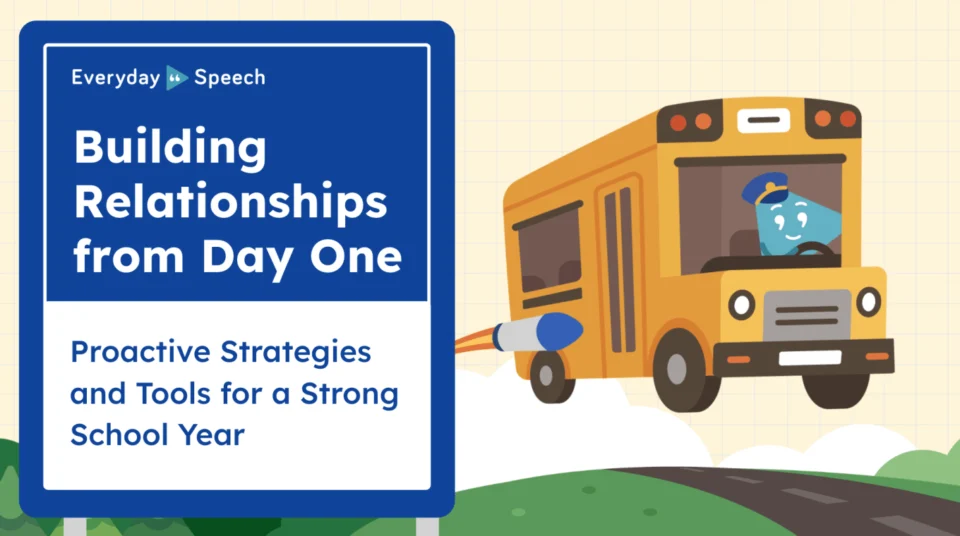Creating Effective IEP Goals for PreK Students: Polite Permission-Asking Skills
Get free social skills materials
No-prep lessons on self-regulation, emotional recognition, conversation skills, and more.
Sign up hereDownload 50+ Example IEP Goals
Customizable library of strengths-based goals
Introduction
In special education, teaching students the necessary skills to navigate school environments is crucial. One such skill is the ability to ask for permission politely, such as requesting to use the bathroom. This skill not only promotes independence but also fosters positive social interactions and contributes to a student’s overall wellbeing.
Understanding Polite Permission-Asking Skills
Polite permission-asking skills refer to the ability of students to express their needs and requests respectfully and appropriately within a social context. These skills impact a student’s learning process, social interactions, and emotional wellbeing, as they learn to communicate effectively and respect the rules and boundaries set by their school environment.
The Role of Specialists
Various specialists play a key role in supporting the development of polite permission-asking skills in students:
- Speech-Language Pathologists: Assist in improving communication skills and articulation for clear and polite requests.
- Social Workers: Help students understand social norms and expectations for appropriate behavior in school settings.
- Psychologists: Support students in developing emotional regulation and understanding the importance of following rules.
- School Counselors: Provide guidance on conflict resolution and interpersonal skills for navigating social situations.
IEP Goals for Polite Permission-Asking Skills
Here are some SMART IEP goals to improve polite permission-asking skills in PreK students:
- Goal: Student will independently and politely ask for permission to use the bathroom in 4 out of 5 opportunities.
Strategies & Activities: Role-playing, visual cues, and social stories to practice appropriate language and behavior.
- Goal: Student will wait for an adult’s response and follow directions after asking for permission in 4 out of 5 opportunities.
Strategies & Activities: Social scripts, adult modeling, and reinforcement of waiting and listening skills.
- Goal: Student will walk quietly and respectfully in the hallways after receiving permission to use the bathroom in 4 out of 5 opportunities.
Strategies & Activities: Visual reminders, practice walking quietly in hallways, and positive reinforcement for appropriate behavior.
Implementing and Measuring Progress
To effectively implement these goals and measure progress, consider the following tips:
- Collaborate with specialists and the IEP team to create a consistent approach.
- Monitor and document student performance in various settings and situations.
- Adjust strategies and activities based on the student’s progress and needs.
- Communicate with parents and caregivers to reinforce skills at home.
Conclusion
Developing polite permission-asking skills in PreK students is essential for their success in school environments. By incorporating these IEP goals and strategies, educators can effectively support students in improving their communication and social skills. We encourage you to apply these goals and invite you to explore more resources at Everyday Speech Sample Materials.


